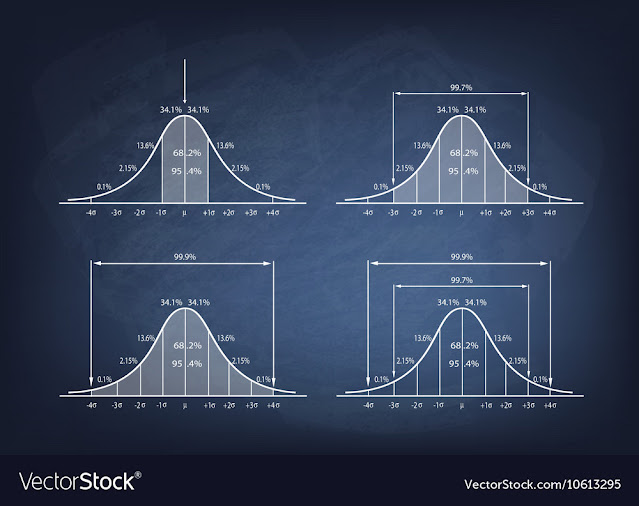Blogbook -- White Language Supremacy and the Golden Rule

Entry 23 Up to this point, I’ve offered a way to think about racism and White supremacy in our literacy and language classrooms and society as racist discourse. This allows a teacher to consider racism as historical and structural, growing out of particular ideas about race in Western European thought and traditions that all work in concert with societal structures and institutions (see posts 5 and 6 ). This allows racist discourse to get used to do a number of things in the world, to organize our lives and languages, all of which can be considered racial or racist projects (see posts 3 and 4 ). Racist discourse (see posts 9 and 10 ), then, is a mutually reinforcing dialectic (see post 18 ) in much the way Marxism offers its dialectic (base and superstructure). The Marxist dialectic describes how people behave and come to know themselves and their world. It’s an analytical tool for investigating one’s life conditions, and the meaning and significance we might make of our lives....

